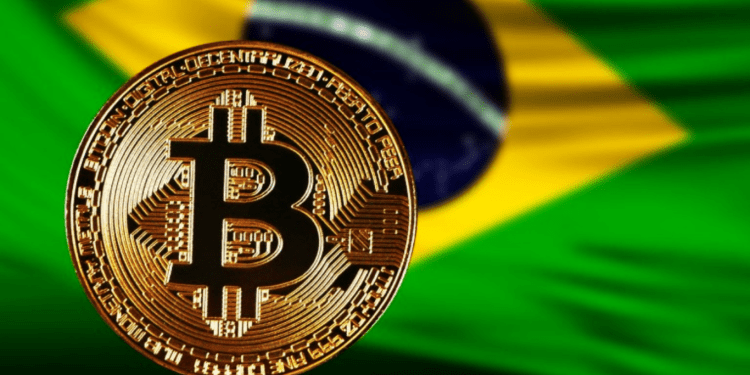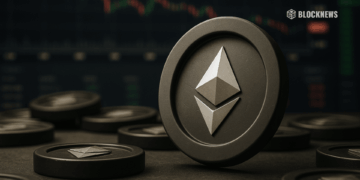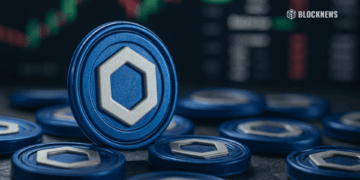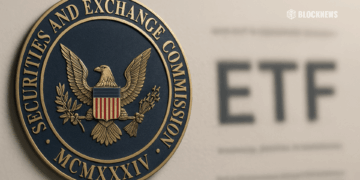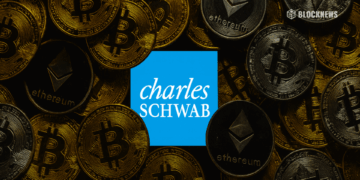- Brazil’s President has signed legislation authorizing the Central Bank to regulate virtual asset service providers.
- The law aims to establish clear roles for the central bank and securities regulator in relation to cryptocurrencies.
- The law does not clearly define which digital assets are securities, raising questions about their classification.
On Wednesday, Brazil, one of the world’s largest cryptocurrency users, made strides toward regulatory clarity. A law signed by the country’s President this week gives the Central Bank of Brazil a deciding voice in crypto regulation. Still, it raises several questions, specifically which cryptocurrencies can be classified as securities.
Brazil’s President, Luiz Inácio Lula da Silva, has signed Decree No. 11.563, which empowers the Central Bank of Brazil to regulate and supervise virtual asset service providers. It guarantees that token projects that qualify as securities will continue to be governed by the Brazilian Securities and Exchange Commission (CVM).
The new law seeks to define the central bank’s and securities regulator’s roles in cryptocurrencies. The decree is dated June 13, 2023, and will take effect on June 20, 2023.
Additional Clarity on Crypto Regulation in Brazil
However, there is one major area for improvement. The new law does not specify which digital assets are considered securities and which are not.
Brazil bases its concept of security on a collective investment agreement definition inspired by the Howey Test – a standard established first by US courts. If this interpretation is correct, Bitcoin (BTC) will most likely escape the definition.
The move contrasts with recent action by the Securities and Exchange Commission (SEC) of the United States. The agency’s chair, Gary Gensler, has attempted to classify almost all cryptocurrencies as securities.
In its most recent legal action against Binance, the SEC singled out some of the market’s most popular tokens. While classifying receipts as securities may provide clarity, it also makes the SEC responsible for their regulation—something that the majority of the crypto industry is not happy about.
Regulators Are Getting Involved With Digital Assets
Some industry participants are somewhat surprised by the new decree. In an interview, Bruno Ramos de Sousa, Head of US and Europe at Hashdex, recently stated that he believed Brazilian regulators were moving in the right direction.
According to Sousa, “Brazilian regulators are progressing in developing their understanding and regulation of crypto and related technology. Authorities such as the Central Bank and the Securities Commission (CVM) have been actively studying the crypto sector.”
The Central Bank of Brazil, the country’s newly empowered regulator, announced a selection of 14 institutions to participate in the pilot program for the country’s central bank digital currency (CBDC) last week. The bank has chosen prominent local banks such as Bradesco, Nubank, and Ita Unibanco, as well as major payment firms such as Visa and Mastercard.
The regulation of digital assets in Brazil is a critical issue. According to Chainalysis, the country is among the top cryptocurrency users in the world. The government is ranked seventh in the world, outranking its South and Central American neighbors.


